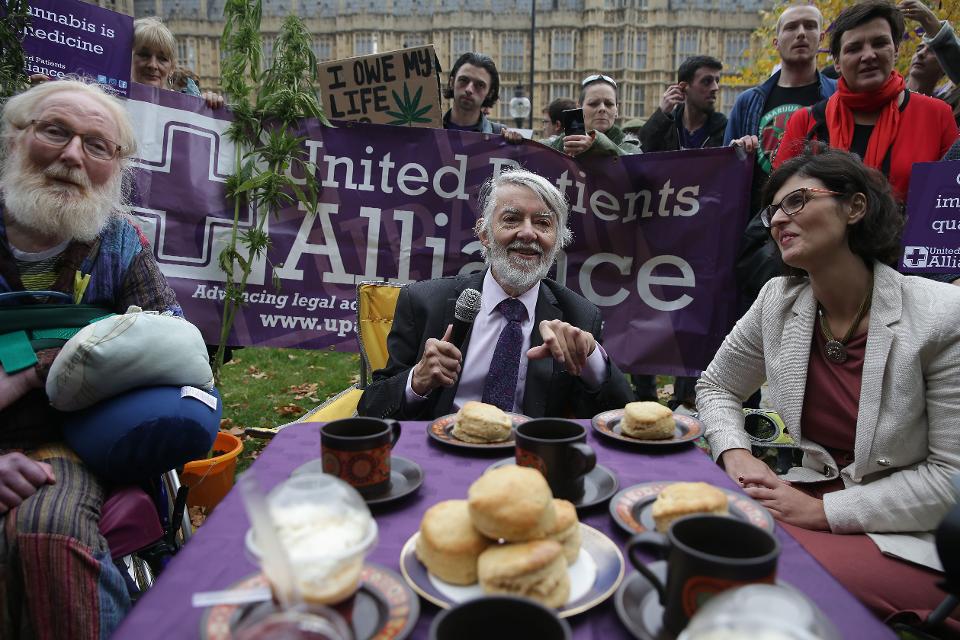The international market for cannabis is projected to hit $31.4 billion by 2021, according to a new report from the Brightfield Group, a cannabis market research firm. Currently, the global market is estimated to be worth $7.7 billion and will see a compound annual growth rate of 60 percent as other countries liberalize their marijuana laws.
The U.S. currently drives 90 percent of global cannabis sales, but its share will drop to 57 percent by 2021. That’s in large part thanks to Canada’s plans to legalize recreational marijuana by July 2018. Meanwhile, countries in Latin American and Europe are increasingly adopting medical cannabis programs. And German political parties are considering recreational legalization as part of their talks in forming a coalition government.
Plenty of Canadian cannabis companies are striking international deals, exporting their products to markets in Europe and South America. As other countries liberalize their marijuana laws, will the U.S. get left behind?
“Definitely not,” said Bethany Gomez, Director of Research for Brightfield Group. Gomez emphasized that while the U.S. will decline as a percentage of the global market, it will still continue to dominate. “The U.S. market is so much larger than the rest of the international markets combined,” she said.
The U.S. has been a global leader in marijuana reform, but other countries are increasingly taking their cues from Canada when setting up their medical cannabis programs.
“The vast majority of [medical marijuana programs] look completely different from the U.S. You can’t go in and buy a gummy bear and have that be considered medicine,” said Gomez. “The Canadian approach to regulation and product differentiation is much more reflective of what we’re likely to see internationally.”
credit:420intel.com

